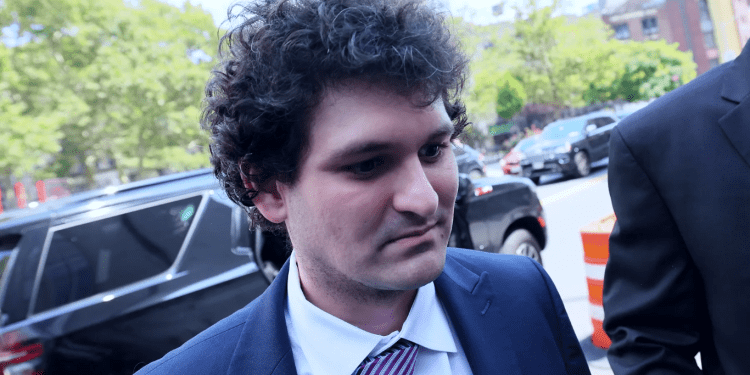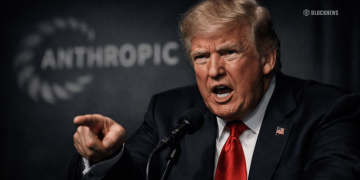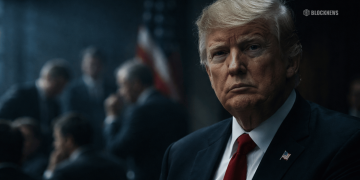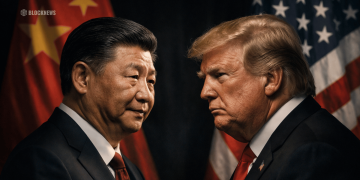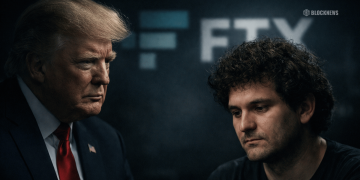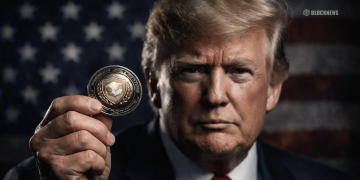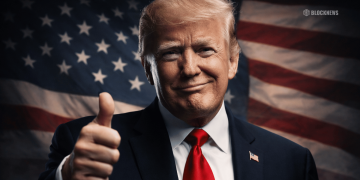Judge Kaplan’s rulings shape a high-stakes trial for Sam Bankman-Fried, with charity excluded, bribery discussed, and witnesses’ drug use under scrutiny.
- Judge Kaplan sets limits on trial topics, excluding charity and personal factors while allowing discussions on alleged bribery and evidence suppression.
- Bankman-Fried’s philanthropy won’t be discussed in court to avoid influencing his character’s perception.
- Witnesses’ drug use is admissible, but with notification requirements, adding complexity to the trial.
In the upcoming criminal trial of Sam Bankman-Fried, the founder and former CEO of FTX, a landmark ruling by Judge Lewis Kaplan has established the boundaries of what can and cannot be discussed in the courtroom. As Bankman-Fried faces seven fraud and conspiracy charges related to the collapse of FTX, this ruling impacts the narrative presented during the trial.
Effective Altruism and Philanthropy Excluded
Before his legal troubles began, Sam Bankman-Fried was known for his advocacy of Effective Altruism, a movement encouraging individuals to make evidence-based, efficient charitable contributions. However, Judge Kaplan has ruled that any references to Bankman-Fried’s charitable works, including his association with supermodel Gisele Bundchen, will be excluded from the trial. This decision aims to prevent prior good acts from influencing the perception of his character or guilt.
Bribery and Relationship with Caroline Ellison Admissible
While charitable endeavors are off-limits, the judge has allowed federal prosecutors to discuss certain aspects of the case, notably the alleged scheme to bribe a Chinese government official for the release of frozen funds and FTX’s exchange token FTT. This evidence is admissible insofar as it relates to Bankman-Fried’s alleged “illegal relationship” with former Alameda Research CEO Caroline Ellison, a key figure in the FTX collapse, who is expected to testify at the trial.
Personal Writings and Witness Tampering
Caroline Ellison’s personal writings, reportedly provided by Bankman-Fried to the New York Times, led to concerns about witness tampering. These writings played a role in his bail being revoked, and Judge Kaplan has allowed discussion of this incident in the trial. This decision provides insight into the dynamics surrounding the case and its impact on potential witnesses.
Automatic Deletion Policies and Evidence Suppression
The judge has also permitted federal prosecutors to present evidence related to FTX’s automatic deletion policies, which regularly erased business communications. This allowance implies that the prosecution can argue an “apparent attempt to suppress evidence of the crime.” The discussion of these policies sheds light on potential wrongdoing within the organization.
Exclusion of Irrelevant Factors
In a move to maintain focus on the core charges, Judge Kaplan has ruled against the inclusion of factors such as Bankman-Fried’s family background, health, age, pretrial detention, or any other similar personal factors. These aspects are deemed irrelevant to the crimes with which he is charged, ensuring that the trial remains centered on the alleged fraud and conspiracy.
Witnesses’ Recreational Drug Use Allowed
In a noteworthy deviation from the prosecution’s stance, Judge Kaplan has decided that witnesses’ recreational drug use can be discussed at the trial. However, this discussion comes with the condition that Bankman-Fried’s legal team must notify the court and the government before raising the topic. This ruling could introduce an additional layer of complexity to the proceedings.
Conclusion
Sam Bankman-Fried’s upcoming trial will be a high-stakes affair with significant implications for FTX and the cryptocurrency industry. The alleged bribery scheme, witness tampering concerns, and evidence suppression will play a role in shaping the case. It remains to be seen how these factors will impact the outcome and public perception.


